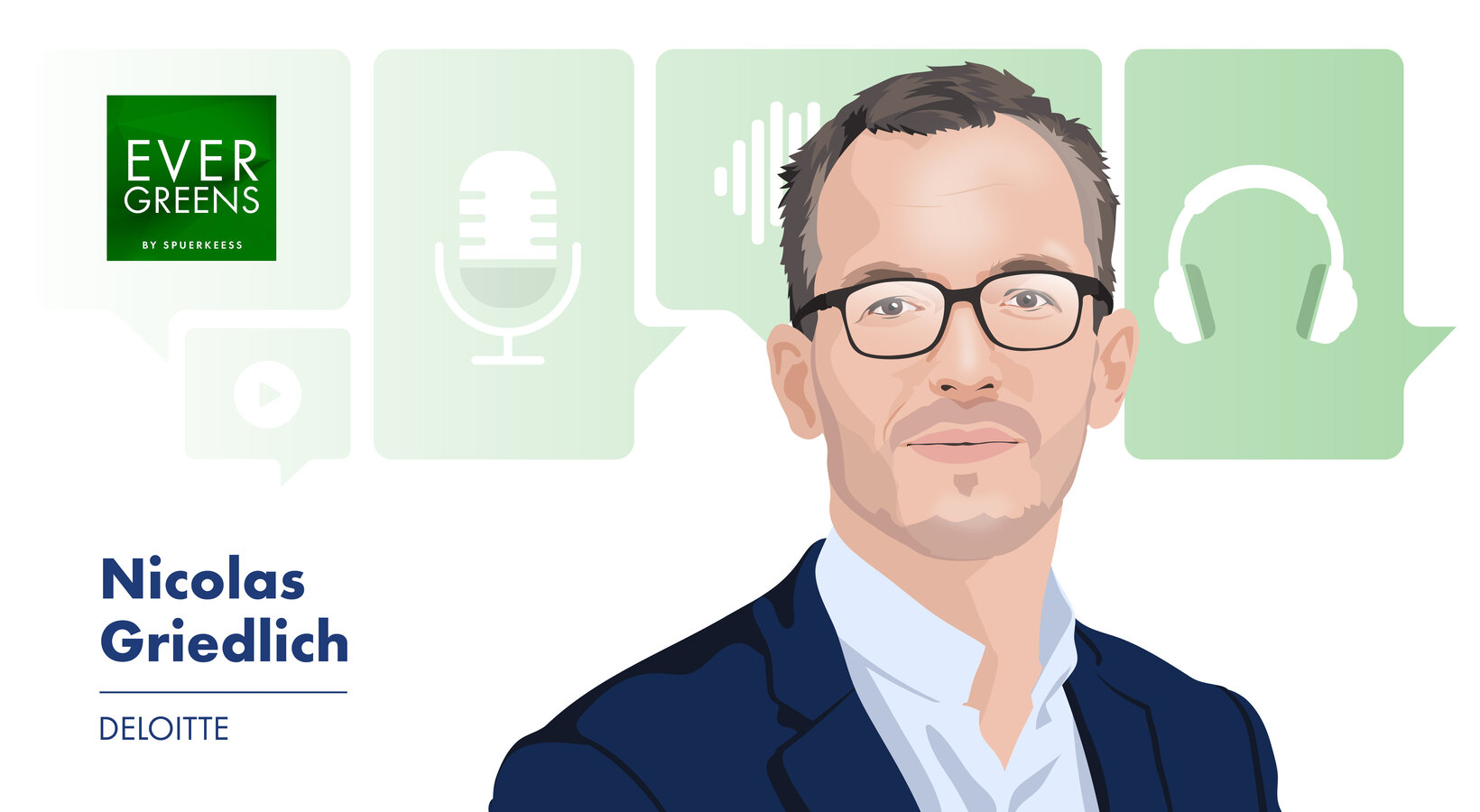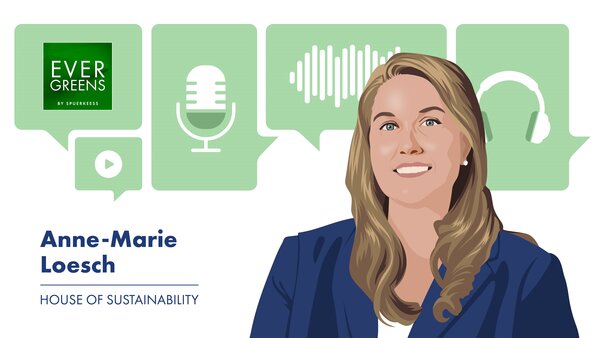How do you view the evolution of artificial intelligence in businesses since the arrival of ChatGPT in November 2022?
What's fascinating is the speed at which things are evolving. Since May 2023, there has been a real appropriation of generative AI by technology players, who have integrated it into their tools. Companies, for their part, have had to quickly ask themselves some fundamental questions about legality, compliance and risk management, as well as how to support their employees in this transformation. What's striking is that people initially used it in their personal lives, but are now using it for professional purposes. And today, this technology is being used in a wide range of areas – everywhere from drones and agriculture to disaster management.
Europe often seems to be lagging behind the US and China. Would you agree with that statement?
It's a fact that innovation often comes from elsewhere. But I think we have all the fundamentals we need in Europe to catch up. The “AI Factories”, supercomputers such as “MeluXina”, and partnerships with players such as “Mistral” are all evidence of a powerful political will. We have the skills, the research centres like LIST, and the infrastructure. What we need to do now is leverage these resources strategically.
Digital sovereignty is a hot topic. How do you approach it?
Sovereignty is above all a question of choice. We can decide to use resources outside Europe on a transitional basis, but it must to be a choice, not an obligation. It's not a question of competing with the US in terms of raw power, but of understanding our real computing needs and intelligently pooling resources. The analogy with the European electricity grid is apt: we need to think of computing power as a shared resource.
And on the issue of data, particularly with GDPR, is Europe at a disadvantage?
Not necessarily. What counts is not the quantity of data, but its quality and relevance. Large models are trained using huge quantities of data, but this does not guarantee reliability. We need to move towards more frugal, specialised models that consume less and are better adapted to real needs. Above all, we need to retain control over what we do with this data.
What are the human challenges involved in this transformation?
The biggest challenge is acculturation. It's not enough to have experts. All employees need to understand what AI is, how it works and, above all, how it fits into their day-to-day work. We also need to think about passing on knowledge. If a machine carries out a process, future generations need to understand that process, even if they no longer carry it out themselves.
What major risks have you identified?
The main risk is using AI for the sake of using AI. This is known as “AI washing”. Each project needs to have a real business case and add value. Otherwise, you're investing with no return. And then there are the technical risks, such as bias and hallucinations, or there being a lack of causality in the models. We need to remain vigilant and not lose sight of the fact that AI is a tool, not an end in itself.
And to conclude, what are the major trends for the future?
Agentic AI is clearly a strong trend. Autonomous agents capable of working together to achieve a common goal. But this poses new challenges, particularly in terms of governance. How can we prevent agents from biasing one other? How do you maintain control? These are crucial issues. But I remain optimistic: with the right skills, the right regulation and a clear vision, Europe can play a leading role in this new era.
![[Translate to English:] [Translate to English:]](/fileadmin/_processed_/4/4/csm_alexandra-kugener_7694260efa.jpg)


![[Translate to English:] [Translate to English:]](/fileadmin/_processed_/f/2/csm_michel-marx_54d2966b86.jpg)
![[Translate to English:] [Translate to English:]](/fileadmin/_processed_/f/7/csm_arnaud-duban_87d7d42d9b.jpg)

![[Translate to English:] [Translate to English:]](/fileadmin/_processed_/4/7/csm_438_EXP_Julien_Kohn_Spuerkeess_9001fc61ae.jpg)
![[Translate to English:] [Translate to English:]](/fileadmin/_processed_/c/3/csm_437_EXP_David_Schmit_Spuerkeess_6beedf10c9.jpg)
![[Translate to English:] [Translate to English:]](/fileadmin/_processed_/6/7/csm_433_EXP_Francesco_Ferrero_LIST_31171ca1b1.jpg)
![[Translate to English:] [Translate to English:]](/fileadmin/_processed_/d/1/csm_434_EXP_Nicolas_Griedlich_Deloitte_f84788af86.jpg)
![[Translate to English:] [Translate to English:]](/fileadmin/_processed_/0/d/csm_435_EXP_Rachid_M_haouach_Spuerkeess_6aout25_4132487c59.jpg)


![[Translate to English:] [Translate to English:]](/fileadmin/_processed_/9/7/csm_426_EXP_Romy_Reding_Spuerkeess_28mars25_f6a6df7a8f.jpg)